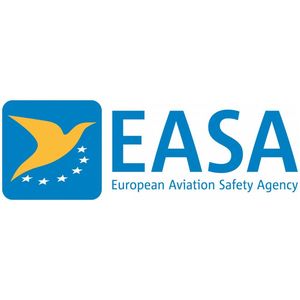The Directorate General of Civil Aviation (DGCA) India has signed a Memorandum of Understanding (MoU) with the European Union Aviation Safety Agency (EASA) for cooperation in Unmanned Aircraft Systems and Innovative Air Mobility.
This MoU will focus on collaboration on unmanned aircraft and innovative air mobility between the civil aviation authorities.
This collaboration would include cooperation between DGCA and EASA in the areas of development of certification standards and environmental standards and related requirements for the certification and use of unmanned aircraft systems and innovative air mobility operations.
This includes licensing of personnel, training, air traffic management and infrastructure, including Unmanned Aircraft System Traffic Management (UTM) standards and services.
The MoU will also ensure regular information sharing between the two authorities on the technological developments and research in this area and their respective outreach strategies to reach relevant stakeholders.
Further, the MoU will result in collaboration in conducting conferences, workshops, and training programmers by DGCA and EASA in this area.
The signing of this MoU is expected to result in harmonized standards and accelerated growth of the Indian unmanned aviation sector.
During EU-India Aviation Summit held in New Delhi on 20th April 2023, DGCA signed a letter of intent (LoI) on Unmanned Aircraft Systems and Innovative Air Mobility with the European Union Aviation Safety Agency (EASA).
 Unmanned Aerial Vehicle The latest drone news
Unmanned Aerial Vehicle The latest drone news





